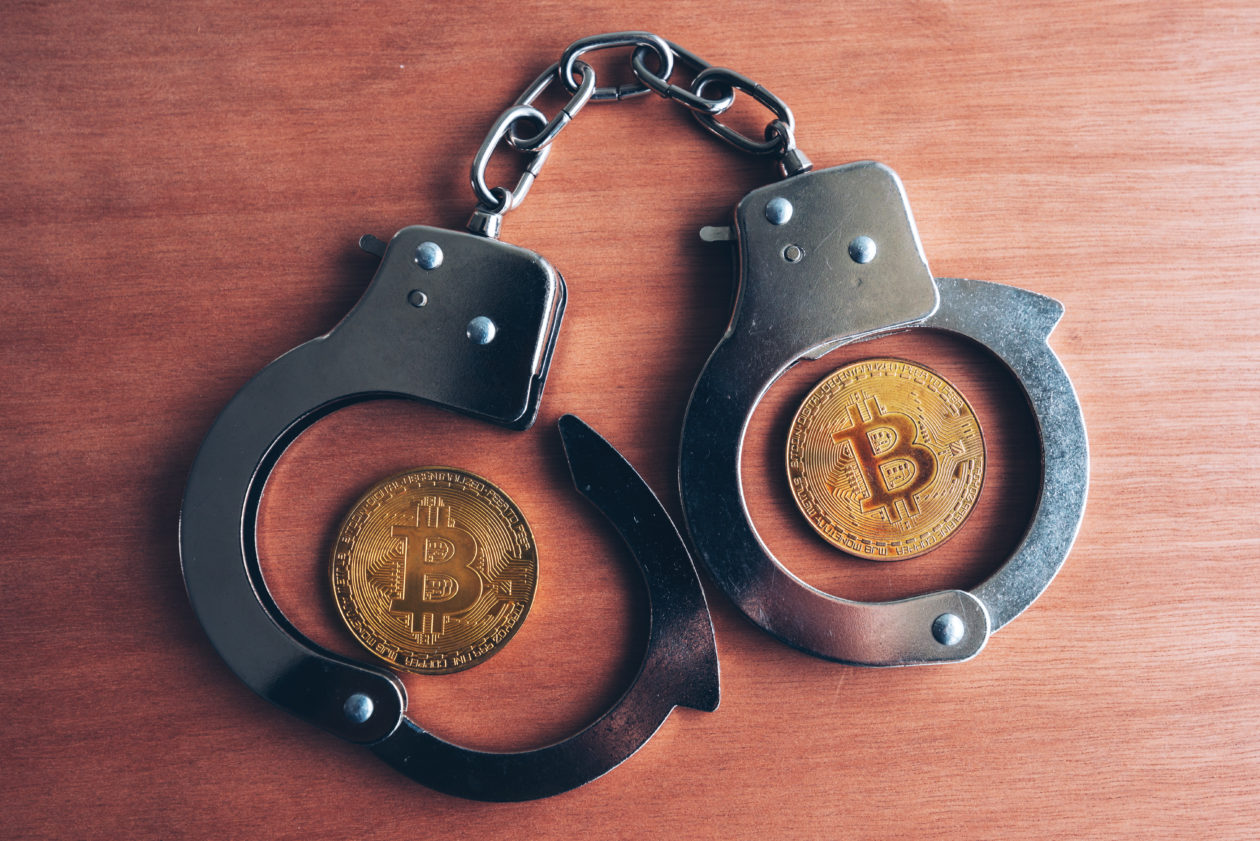Seven executives of V Global, who were accused of misappropriating nearly US$1.9 billion, were found guilty on Friday, with former CEO Lee Byung-gul being sentenced to 22 years in prison.
Six other executives — accomplices in the crypto fraud — received four to 14 years, depending on their degree of involvement.
In January, prosecutors had demanded life sentences for the former executives.
At least 52,419 investors lost their funds in the now-defunct South Korean crypto exchange, some of them their whole life savings.
South Korea’s verdict on the largest crypto fraud scheme in its history may set a benchmark for the legal punishment of scams targeting the newer, less traceable asset class. In 2021 alone, South Korean police nabbed 219 cases of fraud crimes involving crypto — a few resembled V Global’s crypto-based pyramid scheme, but none matched its magnitude.
“Most of the victims were middle-aged or senior citizens who dreamed of a stable life after retirement,” attorney Han Sang-jun of the Daegun law firm, who is representing the group of V Global investors, told Forkast.
Han revealed that at least one victim has taken their own life after being scammed.
The prosecutors revealed that V Global gathered investors by guaranteeing a 300% profit on a deposit of 6 million won (about US$5,000), which was the prerequisite for joining the digital exchange.
It promised that if investors deposited 6 million won, it would give 18 million V Cash, its self-issued cryptocurrency, in return. Then-investors anticipated an even greater return, thinking V Cash would grow in value as promoted by the exchange.
Some investors did receive a portion of the promised return, but prosecutors said those funds had been taken from the deposits of newer customers.
V Global ran a pyramid scheme-like operation where it guaranteed a 1.2 million won, or US$1,000 commission, to those who referred new customers to the exchange.
“There were a lot of cases where a family member or a close friend recommended [V Global] to another,” Han said.
The lawyer said in such pyramid schemes, high rankers in the organization would gather curious investors through offline seminars and lectures. Having V Global as a running cryptocurrency exchange played a factor in creating trust in the investors.
Today, the ringleaders of V Global were given close to the highest level of punishment in South Korea’s legal framework for property crimes. However, Han says the sentence is insufficient when compared to the amount of damage.
“I am not sure if there will be another case [this grand], but I think this sentencing will become an important benchmark,” Han said.
Another expert agreed that it does not correspond to the amount of damage investors have faced.
Hwang Suk-jin, professor of information security at Dongguk University, says offenders in a similar case might have received an 80- to 100-year prison term in the United States, where causing disorder to the market economy is taken more seriously.
“In cases like these, the stolen money is usually hidden somewhere unknown,” Hwang said, adding that the offenders do not take their civil liabilities to pay back seriously. “So the victims remain victims.”
Nevertheless, Han, the lawyer for V Global victims, says that even after serving time, their civil liabilities will remain intact — and more of the damages will be recovered after confiscating the hidden properties of the operators.





